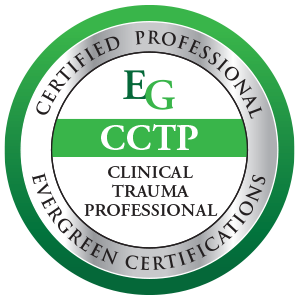Addressing the Stigma Around Mental Health
Mental health has a history of being a taboo topic in our society. This has led to many people feeling uncomfortable or ashamed to talk about it, and – in some cases – retaliation or violence against those with severe and persistent mental illness.
The stigma surrounding mental health has resulted in a lack of understanding and support for those who are struggling. As parents and caregivers, it is our responsibility to educate ourselves and our teens about mental health and fight against this harmful stigma.
First and foremost, it is important for parents to recognize that mental health is just as important as physical health. Just like how we take care of our bodies by eating well and exercising, we also need to take care of our minds. Fortunately, this concept is gaining popularity, and mental health issues are less often being described as a sign of weakness, laziness, or something to be ashamed of; they are simply a part of the human experience and can affect anyone, regardless of age, gender, race, income, or background.
We cannot expect our teens to take care of their mental health if we are not doing the same.
As teens navigate the challenges of adolescence, they may experience a range of emotions and struggles. Some of these struggles are a normal and natural part of the adolescent developmental process, yet the American Psychiatric Association reports that 50% of mental illnesses begin by age 14, and 75% occur by the age of 24. Therefore, it is crucial for parents to create a safe and open environment where their teen can express their feelings without fear of judgment. This means actively listening to their concerns, validating their emotions (even when if you disagree with the behavior), and offering support and guidance. By doing so, we can break the cycle of silent suffering, and encourage our teens to speak up about their mental health.
Another way to fight the stigma surrounding mental health is by educating ourselves and our teens. Many people hold misconceptions about mental health, which can contribute to the stigma. These misconceptions are largely spread in popular media and sensationalist news stories, and the stereotypes can range from being ill-informed, to devastatingly harmful. By learning about different mental health conditions and their symptoms, we can better understand and support those who are struggling. For example, when there are characters with schizophrenia in shows and movies, they are often depicted as serial killers, explosively violent, and kidnappers of children. We can take this opportunity to teach our teens to be empathetic and understanding towards others who may be going through a difficult time, and discuss the fact that the National Institute of Health reports that people diagnosed with schizophrenia are 14 times more likely to be victimized by violence in their own community, than arrested as a perpetrator.
It is also important for parents to lead by example and prioritize their own mental health. We cannot expect our teens to take care of their mental health if we are not doing the same. This means practicing self-care, seeking help when needed, normalizing mental health difficulties and struggles, and being open about our ownchallenges in managing stress and our emotions. By being open about our own mental health, we can show our teens that it is okay to talk about it, and seek help when needed.
Lastly, it is crucial to remember that mental health is not a one-size-fits-all issue. Each person may have a different experience and may require different forms of support. As parents, it is important to be patient and understanding with our teens and to seek professional help if needed. We can also encourage our teens to reach out for help if they are struggling and provide them with resources and support. At Sage & Anchor, we offer free initial consultation calls, and we are standing by to help address any concerns you may have about your teen’s mental health. Together we can address the stigma around mental health.



